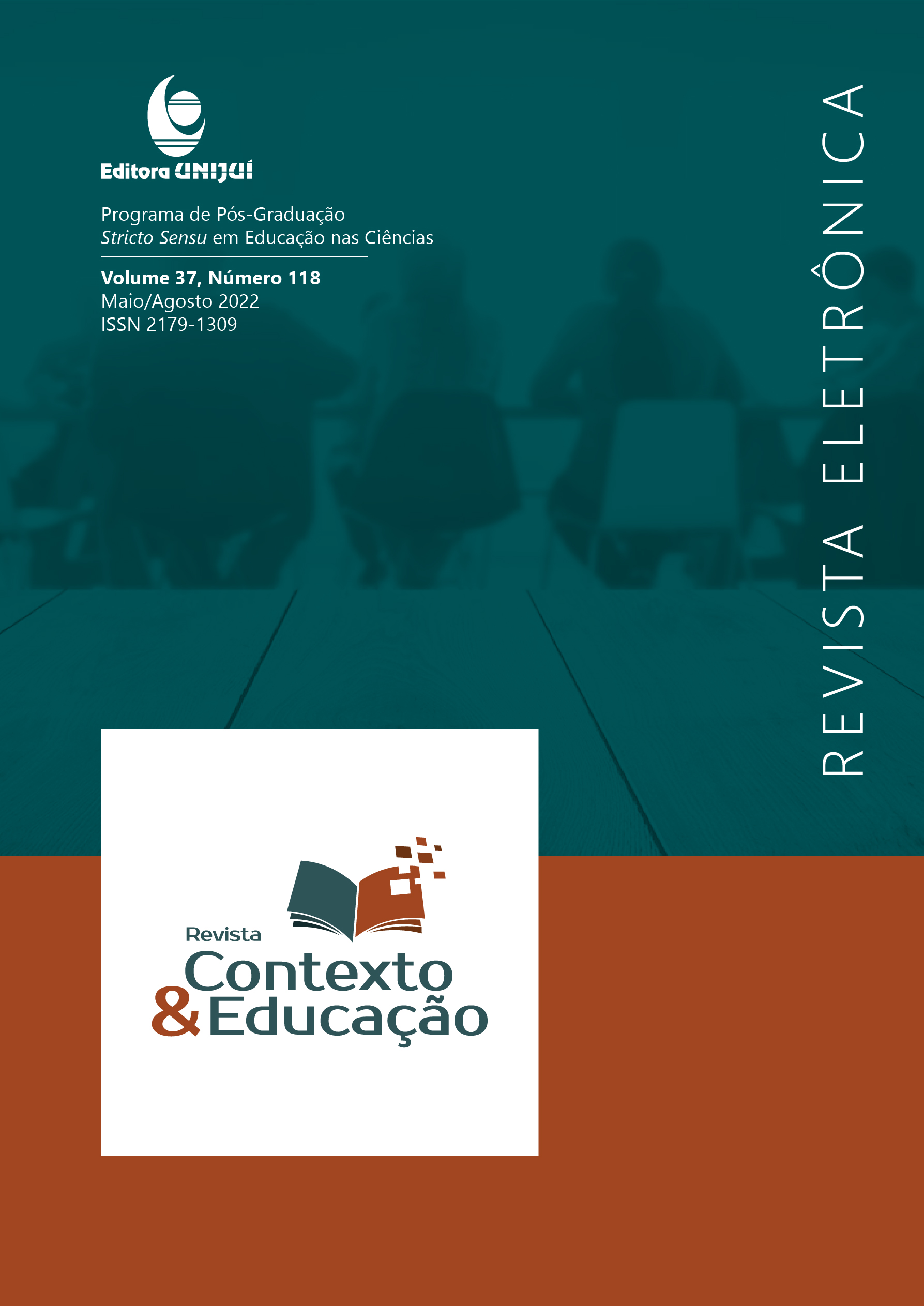Language Teacher’s Practices and Foreign Language Student’s Processes of (Re)Signifying
DOI:
https://doi.org/10.21527/2179-1309.2022.118.12653Keywords:
Ensino de Língua Estrangeira, Práticas, Discurso, IdentidadeAbstract
The objective of this study is to investigate the relation between foreign language (FL) teachers’ practices and the students’ processes of (re)signification. In order to reach the objective, this research seeks to analyze what practices of (re)signification public school FL teachers understand to adopt in their classroom and in what manner their practices work with the concept of signification through discourse in a FL. The methodology featured a questionnaire of FL teaching practices with 31 multiple choice questions and nine semi-open questions. The questionnaire had the participation of 50 FL teachers from different Brazilian states. The results point to a strong awareness from the teachers about the importance of social interaction in the classroom. The collected data also indicate that the teachers provide the contact with different signification and identification procedures to their students and have a clear concern with students’ social participation and well-rounded education as well. In conclusion, the dialogue with the teachers shows parallels with the teaching and learning theories that work with discourse in the class.
Downloads
Published
How to Cite
Issue
Section
License
Copyright (c) 2022 Revista Contexto & Educação

This work is licensed under a Creative Commons Attribution 4.0 International License.
By publishing in Revista Contexto & Educação, authors agree to the following terms:
All works are published under the Creative Commons Attribution 4.0 International License (CC BY 4.0), which allows:
Sharing — to copy and redistribute the material in any medium or format;
Adaptation — to remix, transform, and build upon the material for any purpose, even commercially.
These permissions are irrevocable, provided that the following terms are respected:
Attribution — authors must be properly credited, a link to the license must be provided, and any changes made must be indicated.
No additional restrictions — no legal or technological measures may be applied that legally restrict others from doing anything the license permits.
Notices:
The license does not apply to elements that are in the public domain or covered by legal exceptions.
The license does not grant all necessary rights for specific uses (e.g., image rights, privacy, or moral rights).
The journal is not responsible for the opinions expressed in the articles, which are the sole responsibility of the authors. The Editor, with the support of the Editorial Board, reserves the right to suggest or request modifications when necessary.
Only original scientific articles presenting research results of interest that have not been previously published or simultaneously submitted to another journal with the same purpose will be accepted.
Mentions of trademarks or specific products are intended solely for identification purposes and do not imply any promotional relationship by the authors or the journal.
License Agreement (for articles published from October 2025): Authors retain the copyright to their article and grant Revista Contexto & Educação the right of first publication.


